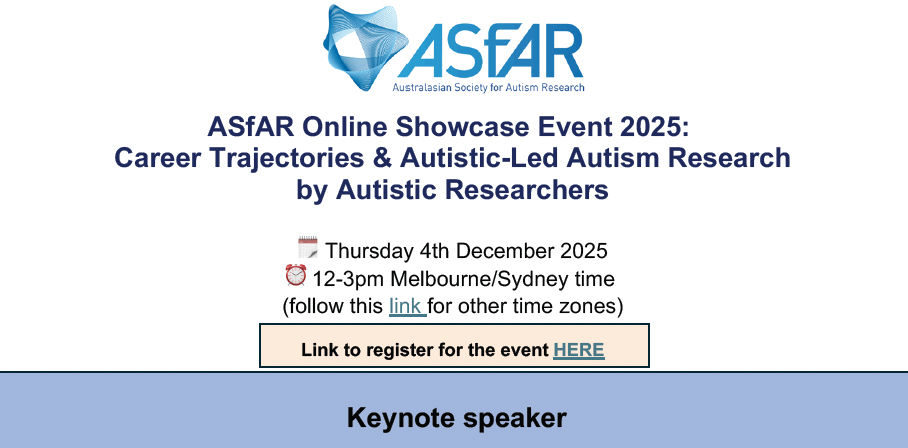My Very First Research Presented at Harvard
- Kana Grace

- Apr 28, 2024
- 2 min read

Why do I conduct research? I am driven by the need for society to better understand the lived experiences of neurodivergent people, with the goal of fostering a more inclusive world. Academic research is vital in amplifying voices that might otherwise remain unheard. This belief was profoundly reinforced in 2017, when I had the opportunity to present my first independent project at a Harvard University conference. My Master’s research explored the relationships between autistic people and horses, a subject dear to me due to my own special connection with horses.
This study was much smaller than the projects I have worked on since. I often visited an equestrian center in a suburb Boston to collect data from autistic individuals who came to the center. Additionally, Liane Holliday-Willey, an internationally-renowned author known for books like "Pretending to be Normal", participated in my study. Her involvement in my research stemmed from a delightful encounter at the first autism conference I attended, where we had lunch together and talked about our shared passion for horses.
The presentation at Harvard marked a significant moment in my academic career. The research received more attention than I had anticipated, validating my belief that my work could effectively highlight autistic voices that had previously been overlooked. There remains much to be done to further amplify autistic and neurodivergent voices, and I continue to use research as one of the key methods to advocate for this community.
The power of academic research to share and validate lived experiences has ignited my passion for research. I am immensely grateful for every opportunity that has come my way thus far.
While there are many other reasons why I am passionate about research, I will save those stories for another time. For now, I reflect on the profound impact that presenting my very first research has had on my professional journey and my ongoing commitment to neurodivergence advocacy.



Comments